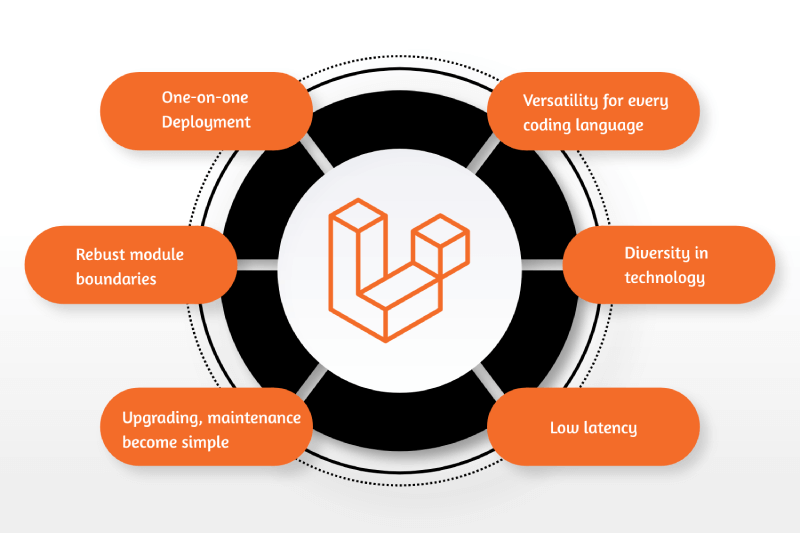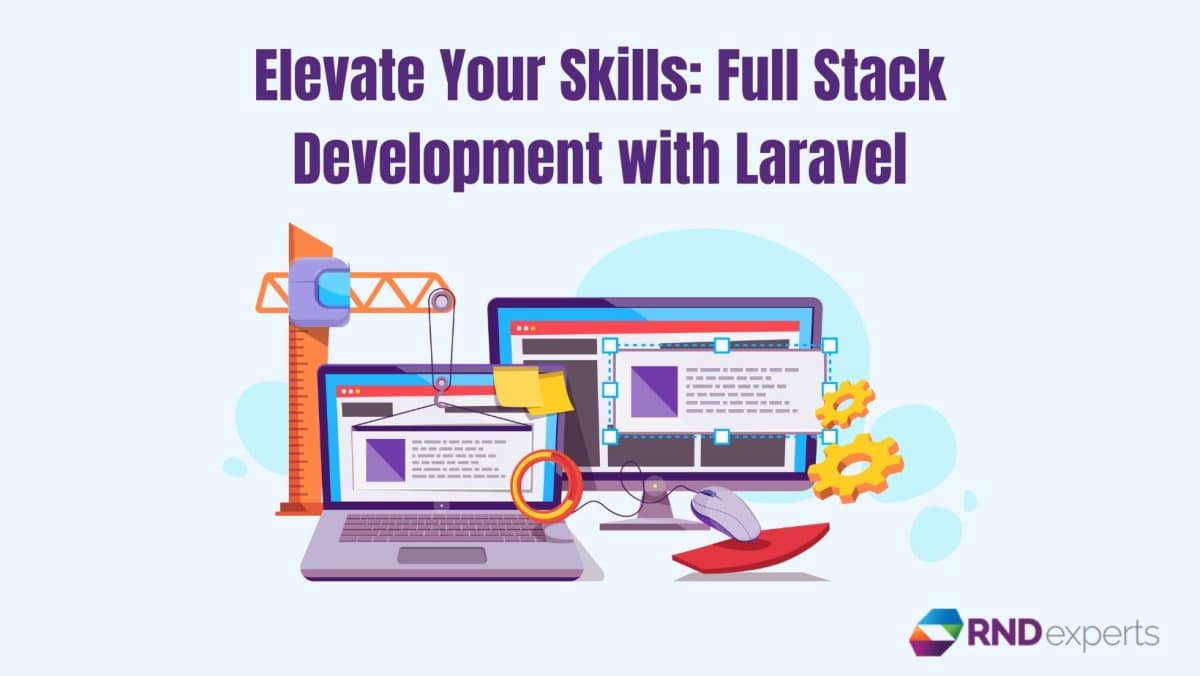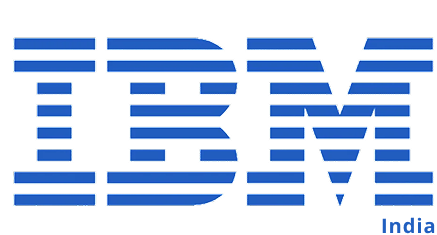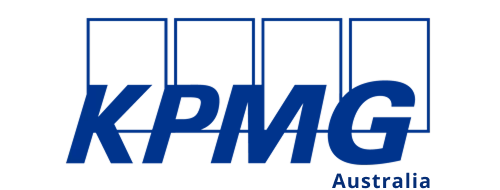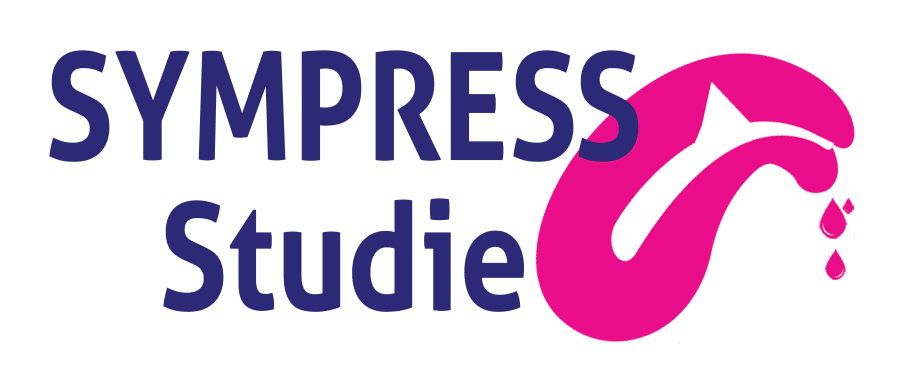Selecting the best Laravel development company from this list depends on your project requirements. Here’s a step-by-step guide to help you make an informed decision: Here are some notable companies in Serbia that provide services using the Laravel framework: 1. RND Experts Pvt. Ltd. Guaranteed Project Delivered on time and within budget or you will Read More…


